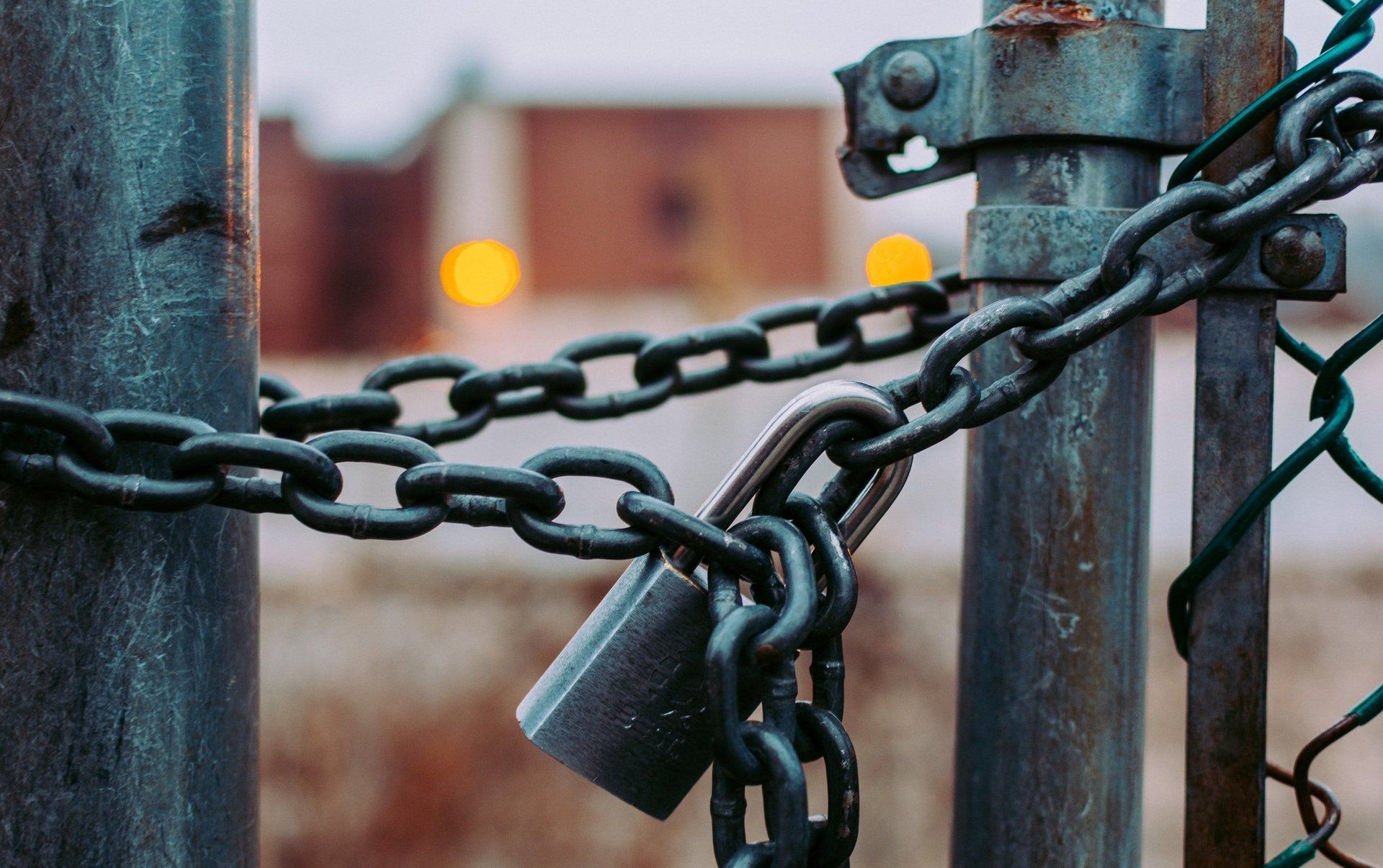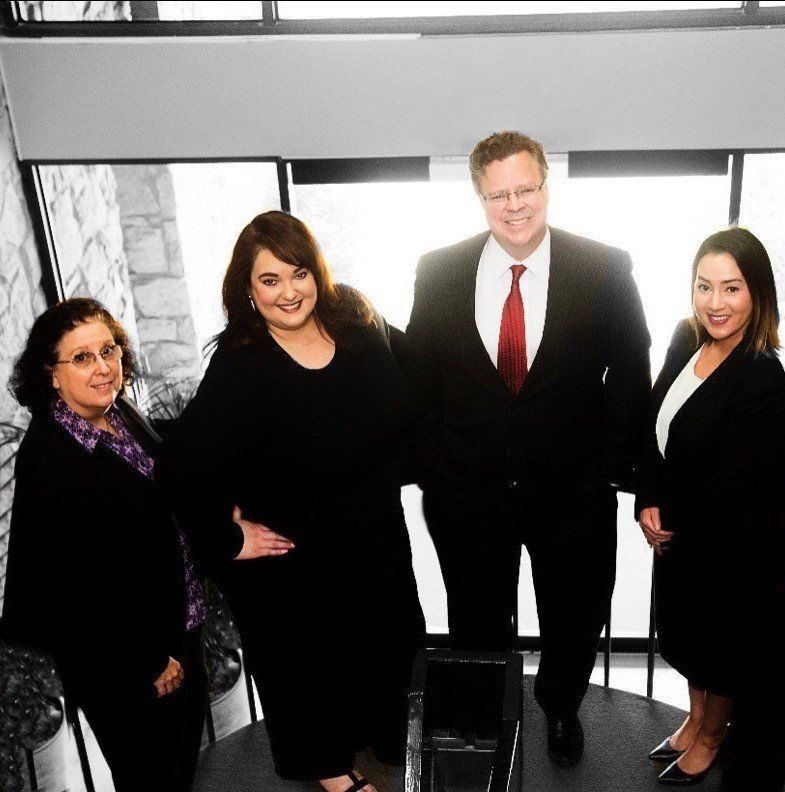SOFTWARE AND BUSINESS METHOD
PATENTS TEXAS
Our software patent attorneys protect technology companies by filing, prosecuting, and registering utility software patents with the U.S patent office.
SOFTWARE PATENT AND COPYRIGHT PROTECTION
Software Copyrights
Overlap exists between the ability to copyright software and patent software. First, the software copyright is a specific type of copyright registration that often requires that each new version of a computer program be deposited with the U.S. Copyright Office, including any changes, revisions, additions, or other modifications that the author made to that version. Except in the limited circumstances described below, the registration does not cover earlier versions of the same program or preexisting material that may be contained within the source code. In particular, a registration for a specific version of a program does not cover the following:
- Previously Published Source Code;
- Previously Registered Source Code;
- Source Code Owned by Third Parties; and
- Source Code in the Public Domain.
Our copyright attorneys can assist you in U.S. Copyright filings and provide you guidance in properly securing your software and other copyrights in and to your literary work, song, or movie.
Software Patents As Business Method Patents
A software patent is a patent on software technology, such as a computer program, libraries, user interface, or algorithm. A software patent is considered a type of utility patent, commonly referred to as a business method patent. A business method is a process for performing a new and novel method of doing business combined with technology; it is not a physical object like a mechanical invention or chemical composition. Further, a software business method patent does patent or claim source code. To be eligible for patent protection, a software business method patent must meet several criteria.
- Software must consist of patentable subject matter;
- Software must be capable of industrial application (i.e., useful);
- Software must be new (i.e., novel);
- Software must show an inventive step (i.e., non-obvious); and
- Software disclosure must enable someone to practice the invention.
Since patent law applies to inventions in any field of technology without discrimination, in order to be patentable, software-related inventions and business method-related inventions must also comply with those requirements. Our patent attorneys can assist you in filing your business method software patent and provide guidance in properly securing technology.
Should You Copyright Software or Patent Software?
While a software copyright and software business method patent both protect the product itself, a software patent covers the idea in various of ways in practice. In contrast, software copyright only covers the literal expression of an idea in a single form. Stated another way, a software patent will protect your novel software invention in many different and alternative versions, but a copyright will only prevent someone from copying your literal code. A copyright will not prevent a third party from reverse engineering your software to create their own software to perform the same or similar function. And a software business method patent does patent source code but rather the means of solving a problem of performing business using technology.
Copyright Resources & Services
- Copyright Overview
- Copyright Registration
- Copyright Infringement
- Copyright Licensing
- Software Infringement
- Software Licensing
- Software & Business Method Patents
- Software & SAAS Agreements
- Digital Millennium Copyright Act (DMCA) Compliance
Need any help?
Industry Resources & Services
- Alcohol & Beverage Law
- Blockchain Law
- Cosmetics Product Law
- Crypto-currency Law
- Cyber-security Law
- Digital Marketing
- eCommerce Law
- Energy Law
- Fashion Industry Law
- Health Technology Law
- Oil & Gas Law
- Product Industry Overview
- Professional Services law
- Real Estate Development Law
- Restaurant Services Law
- Retail Business Law
- Software Industry Law
- Sporting Goods Law
- Technology Law
- Video Gaming Industry Law
Additional Software Patent Protection Focus
How To Apply For A Software Business Method Patent?
A software business method patent is a utility patent application. To apply for a business method patent, you must complete a utility patent application and begin the patent prosecution process . Your business method patent application must clearly describe what you invented and how your invention interacts with computer programs, libraries, user interface, or algorithm, as well as a detailed description of the software. It is important to remember that a software patent does not patent the source code of the invention; the source code is only copyright-able.
What Subject Matter Is Not Patentable?
When filing a software business method patent, or any patent, it is important to understand that certain universal fundamentals are not capable of patent protection. For instance, coming up with new software that uses technology to better organizes a natural human activity (e.g., a dating website) may very well not be patentable. The following 5 subject matters are not eligible for patent protection:
- Mathematical Concepts: Pythagorean Theorem (A^2+B^2=C^2), etc.;
- Methods of Organizing Human Activity: Fundamental economic principles, commercial interactions, managing personal behavior, etc.;
- Mental Process: Abstract ideas that can practically be performed in the human mind, etc.;
- Laws of Nature: Gravity, Acceleration, Friction, etc.; and
- Natural Phenomena: Evaporation, condensation, etc.
CLIENT MATTERS
5,000+
YEARS OF SERVICE
25+
Award Winning
Recognized in the legal industry as dedicated board-certified lawyers and Rising Stars.
Expert Team
Your project will be handled by legal experts every time. You will have the most experienced attorneys working for you.
Quality Representation
Wilson Legal Group P.C.
d/b/a Wilson Whitaker Rynell
(972) 248-8080 (Dallas) MAIN OFFICE
(713) 830-2207 (Houston) Appointment Only
(512) 691-4100 (Austin) Appointment Only
For more information on how we can assist in your intellectual property, commercial litigation, or other personal needs, let us know how we can help you:
Contact Us - Main Page
We will get back to you as soon as possible.
Please try again later.
Disclaimer:
This form does not establish an attorney-client relationship, and should only be used to contact the firm about scheduling a call or meeting. No confidential or sensitive information should be sent using this form.
The law office of Wilson Legal Group P.C. (d/b/a Wilson Whitaker Rynell) represents clients nationwide, including Dallas, Austin, Houston, and other Texas areas such as Fort Worth, Arlington, Carrollton, Plano, Allen, Lewisville, Flower Mound, Irving, Denton, McKinney, North Richland Hills, and all cities within Dallas County, Tarrant County, Collin County, and Denton County.
SERVICES
OFFICES
ABOUT
CONTACT
BLOG
JOIN OUR NEWSLETTER
Wilson Whitaker Rynell
16610 Dallas Parkway, Suite 1000
Dallas, Texas 75248
972-248-8080 (MAIN)
972-248-8088 (FAX)
info@wrrlegal.com (E-MAIL)













